The Srebrenican massacre, also known as the Bosnian genocide was marked by a heavy NATO presence, accompanied by an intense aerial bombing campaign which saw many non-combatants displaced from their homes or killed. Crucially, world leaders failed not only to spot the tell-tale signs and prevent the atrocities in the first place, but also to act appropriately during the violence that followed. Have today’s leaders learned from their predecessors’ mistakes? Is the international community prepared in the event of future threats?
Given the evidence from the last 20 years, it is looking unlikely.
The first key failure of demonstrated during the Srebrenica massacre was the world’s failure to recognise and act upon the warning signs during the build up to the genocide.
The concept of a genocide is nothing new, having been coined by Raphael Lemkin in 1944 in response to the Holocaust – he “crime without a name”. It has since been outlawed by international law in the UN’s 1946 Resolution 96 – The Crime of Genocide.
International law states that intervention should occur if a crime meets the definition of a genocide, but prevention is far better than a cure.
So why did so many have to die before it was deemed to require international attention? In the build-up to the massacres, it became clear that society was becoming increasingly polarised through means including propaganda and systematic subordination of starkly-defined “ethnic” groups. This was largely ignored by leaders, whose late reaction represented a major failure on the part of the international community – but have we learned from this mistake?
In short, no.
Inadequate effort has been made in the years since to improve upon past responses: the Democratic Republic of Congo, for instance, has now descended into the bloodiest conflict since WWII due to the nations’ failure to identify the rising importance of ethnic politics within the country which preceded the (ongoing) violence. The continuing massacres in Darfur also escalated unchecked from low-level religious and ethnic conflict to full-blown genocide due to lack of interest from powerful states in the early stages of the genocide.
So no lessons have been learned in terms of practical response from the international community.
While it is true that there has been a significant rise in the number and importance of think tanks, pressure groups and aid organisations since the Srebrenica massacre, these remain insufficient to act as a replacement for government-backed interventions. In practice, then, the world’s governments remain reluctant to acknowledge the warning signs of genocides and massacres.
The second failure exhibited by the international community in Srebrenica 20 years ago is that of the lack of value that they attached to native civilian lives – a practice which, unfortunately, continues to this day.
As with any form of intervention – military, social, industrial, etc. NATO’s response should have been conducted with extreme caution. Whilst efforts were made to protect the lives of Bosnian citizens, NATO’s primary goal – as with any intervening power – was to protect its own interests – in particular, re-asserting its dominance after the recent collapse of the USSR.
The resulting high-altitude bombing campaign meant that many innocent non-combatants lost their lives or homes – NATO (and particularly the US’) desire to avoid casualties by flying at greater heights reduced the accuracy of the weaponry, and thus it was not just their intended targets who lost their lives.
Were lessons learned from this? In short, no.
Iraq, for instance, has demonstrated that intervening forces still hold native civilian lives with little regard. Wikileaks’ 2010 release of the infamous “Collateral Murder” video in which at least 18 civilians (including two journalists) were killed brought the issue to the attention of the international press, yet still, it continues.
Airstrikes across war-torn countries by foreign powers continue to destroy the lives of non-combatants – proof that little has been learned, much less changed, in the aftermath of Srebrenica’s massacre.
The reluctance of international powers to learn from the mistakes of the past is not one exclusive to the example of the Bosnian genocide. However, increasing pressure from non-governmental organisations and the media in the last 20 years has brought the question of intervention higher up the agenda.
In practice, little has changed, which is unsurprising given the systemic nature of the problem of national self-interest. However, hope lies with the extra-governmental pressures to bring about change. The attitudes and awareness of the general public towards the issue of genocide has undoubtedly increased in the 20 years since the Bosnian atrocities, and with sustained efforts, this could be enough to translate into government actions.
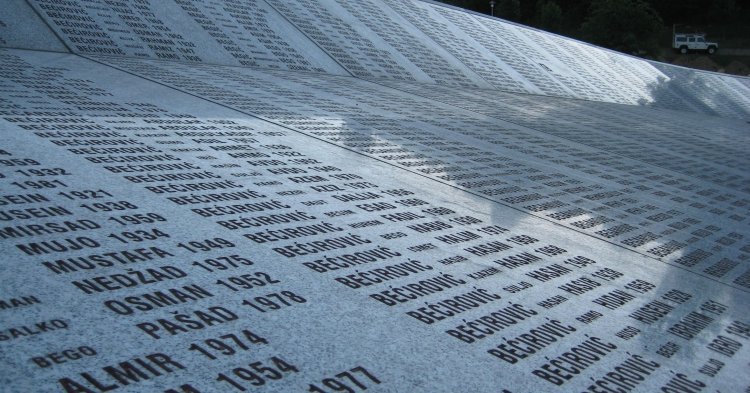

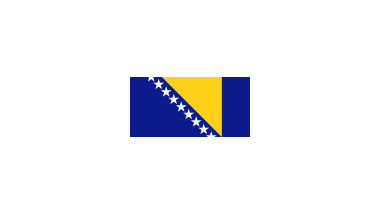
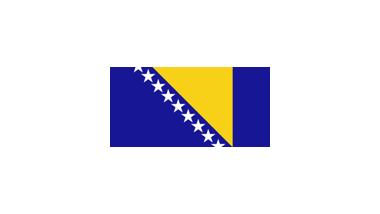
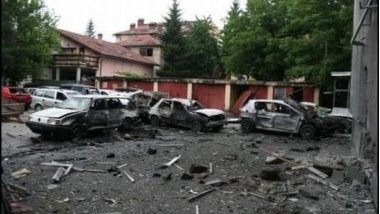

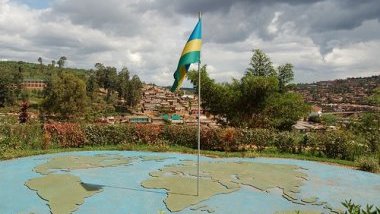

Follow the comments: |
|
